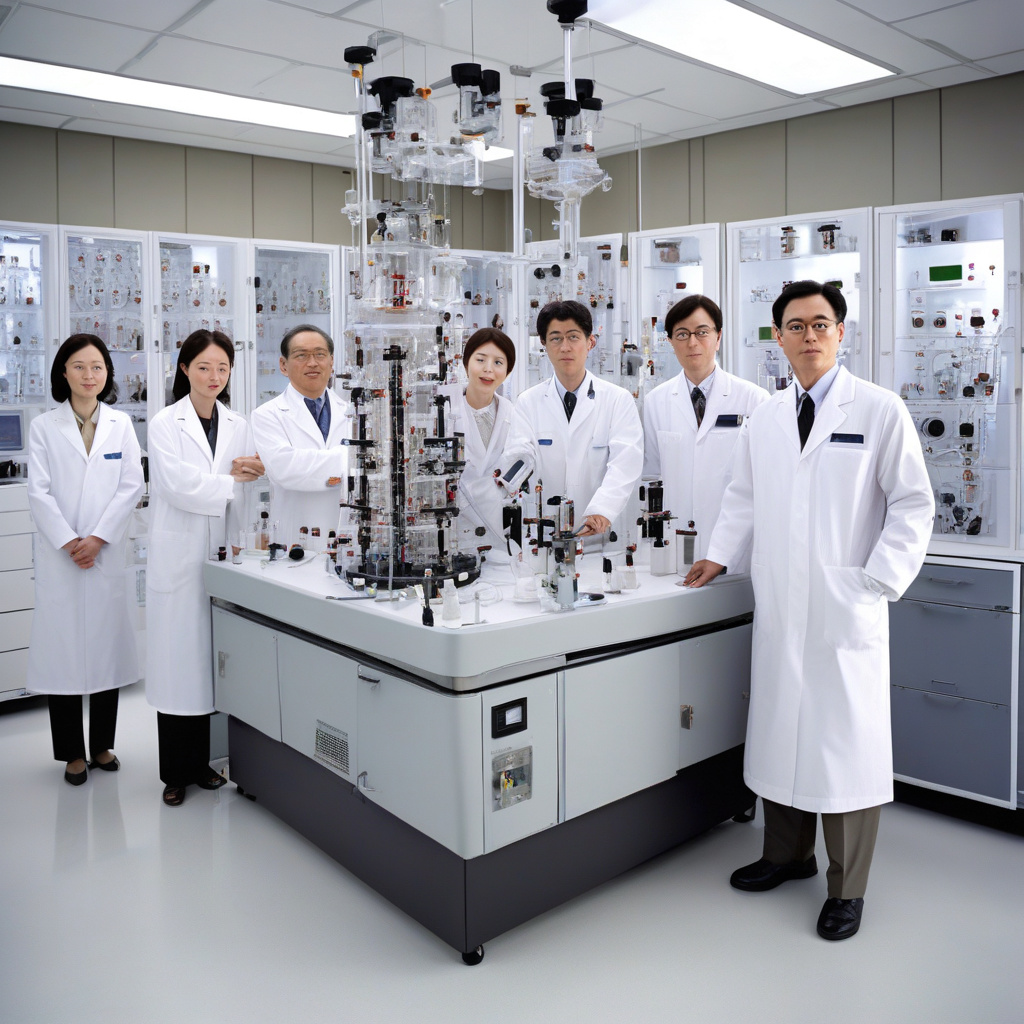Korean Scientists Unveil Most Efficient Platinum-Free System for Hydrogen Electrolysis Yet
As the world races to adopt clean energy solutions, hydrogen has emerged as a leading contender in the quest for sustainable energy sources. With the potential to power vehicles, heat homes, and generate electricity without producing harmful emissions, hydrogen is increasingly seen as a key player in the transition to a greener future. However, the widespread adoption of hydrogen faces a significant hurdle – the costly and inefficient process of electrolysis, which is traditionally done using platinum catalysts.
In a groundbreaking development, a team of Korean scientists has recently unveiled a platinum-free system for hydrogen electrolysis that promises to revolutionize the way hydrogen is produced. By utilizing a combination of nickel, iron, and cobalt, the new system not only eliminates the need for expensive platinum catalysts but also significantly boosts efficiency, making the production of hydrogen more cost-effective and environmentally friendly.
The traditional method of electrolysis involves splitting water molecules into hydrogen and oxygen using an electric current. Platinum catalysts have long been used to facilitate this process, but their high cost and limited availability have hindered the widespread adoption of hydrogen as a clean energy source. The new system developed by Korean scientists offers a viable alternative that overcomes these challenges, paving the way for a more sustainable hydrogen economy.
One of the key advantages of the platinum-free system is its superior catalytic activity, which allows for faster and more efficient hydrogen production. By optimizing the composition and structure of the nickel-iron-cobalt catalyst, the Korean researchers were able to achieve remarkable performance levels that rival those of platinum-based catalysts. This breakthrough not only reduces the overall cost of hydrogen production but also makes it more accessible to a wider range of industries and applications.
Moreover, the use of non-precious metals like nickel, iron, and cobalt makes the new system more sustainable and environmentally friendly. Unlike platinum, which is a rare and precious metal with limited availability, nickel, iron, and cobalt are abundant and widely used in various industrial processes. By leveraging these common materials for hydrogen production, the Korean scientists have demonstrated a scalable and practical approach to driving the adoption of clean energy solutions.
The implications of this innovation are far-reaching, with the potential to accelerate the global transition to a low-carbon economy. By making hydrogen production more efficient and cost-effective, the platinum-free system developed by Korean scientists could help unlock the full potential of hydrogen as a clean energy source. From powering fuel cell vehicles to storing renewable energy, hydrogen has the versatility to drive innovation across multiple sectors and reduce greenhouse gas emissions.
As countries around the world commit to reducing their carbon footprint and combating climate change, the need for sustainable energy solutions has never been more pressing. The platinum-free system for hydrogen electrolysis unveiled by Korean scientists represents a significant step forward in advancing clean energy technologies and addressing the challenges of the 21st century. With further research and development, this innovative system has the potential to reshape the energy landscape and pave the way for a more sustainable future powered by hydrogen.
In conclusion, the breakthrough achieved by Korean scientists in developing a platinum-free system for hydrogen electrolysis marks a major milestone in the journey towards a greener and more sustainable world. By harnessing the power of non-precious metals and cutting-edge catalytic technologies, this innovation has the potential to unlock new opportunities for clean energy production and accelerate the global transition to a low-carbon economy. As we strive to build a more sustainable future, solutions like the one unveiled by Korean scientists will play a crucial role in shaping a world powered by clean and renewable energy sources.
hydrogen, electrolysis, cleanenergy, sustainability, innovation












